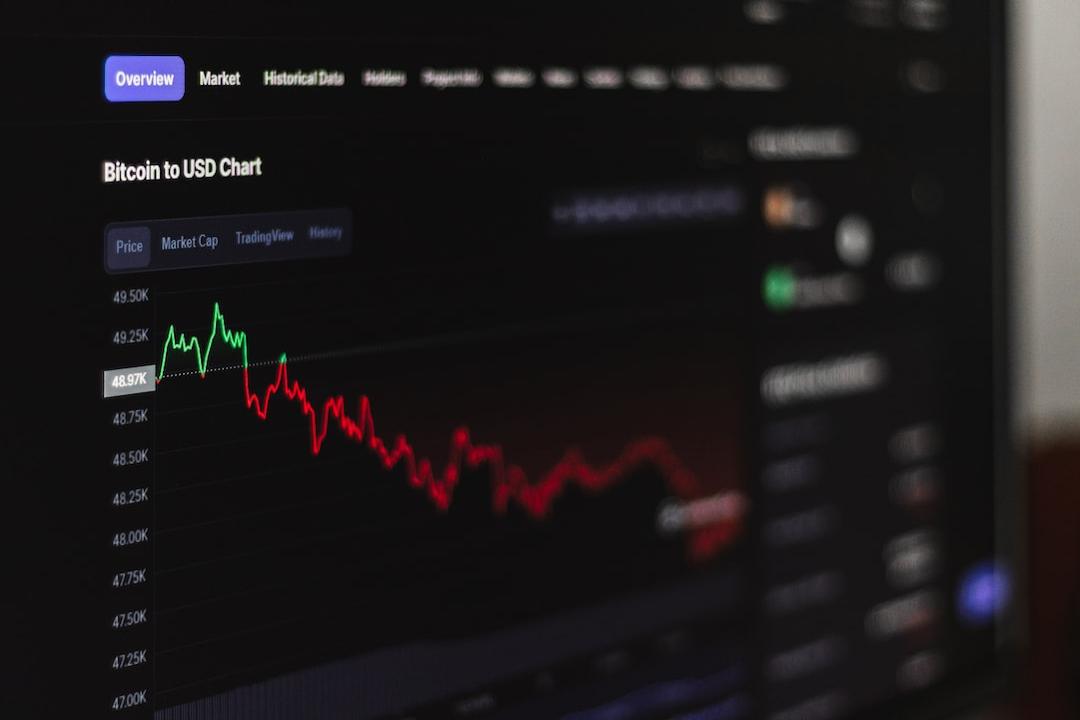The cryptocurrency market has been experiencing significant growth this year, but amidst the hype surrounding Bitcoin and other popular coins, the industry’s commitment to decentralization remains strong. Recent events have highlighted the importance of decentralization, such as the lawsuit against Meta, which alleges that the tech giant gave Netflix access to Facebook users’ direct messages in exchange for advertising spend. Another incident involved AT&T resetting millions of customer account passwords after a data breach in 2019. These events, along with numerous others, demonstrate the ongoing risks associated with centralized systems.
In a recent episode of The Agenda podcast, Dmail co-founder Daniel James discussed the need for decentralization in email systems. He highlighted common concerns among email users, such as spam, phishing emails, and the potential for personal data to be deleted or sold. According to James, blockchain technology enhances security by eliminating a central point of failure that hackers can target. Dmail prioritizes privacy by encrypting every email, making it difficult for attackers to compromise accounts and intercept communications. Additionally, the decentralized nature of the service gives users control over their own data.
James emphasized that email not only addresses these issues but also brings the potential of the Web3 and blockchain technology. When asked how Dmail could compete with Gmail’s dominance, James explained that the goal is not to replace Gmail but to replicate its user experience while addressing ethical concerns.
To learn more about James’ crypto origin story and future plans for Dmail, listen to the full episode on Cointelegraph’s podcasts page, Apple Podcasts, or Spotify. Additionally, Cointelegraph offers a variety of other shows worth exploring.
Please note that this article is for general information purposes only and should not be considered legal or investment advice. The views and opinions expressed are solely those of the author and do not necessarily reflect those of Cointelegraph.

